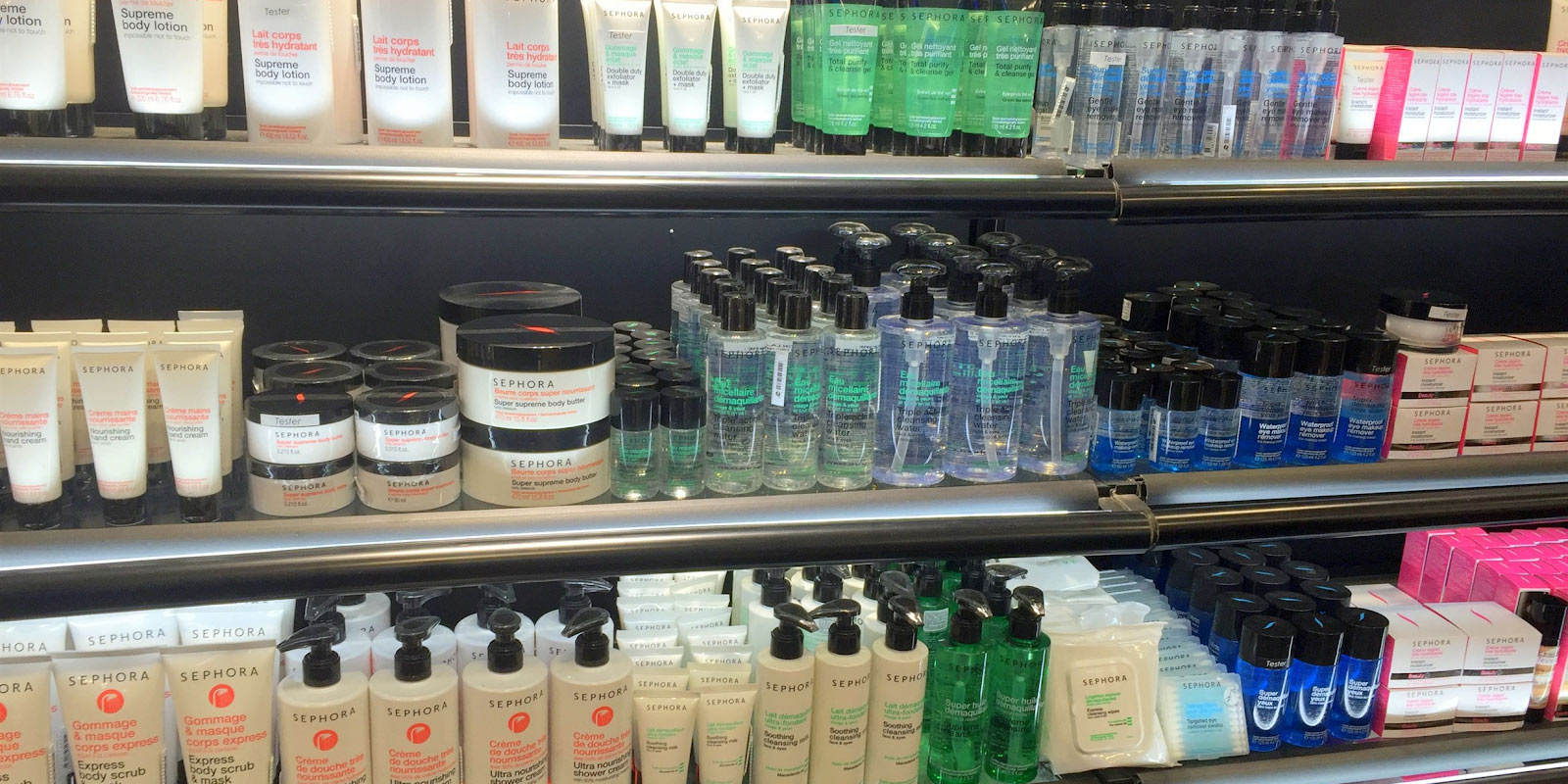
This article looks at the psychology of giving clients too many or too few options.
What you will learn is:
What are a Choice Paradox and Choice Overload?
How can we offer a wider range of products without worrying our customers?
Why is variety not always the best marketing tactic?
Let’s get started if behavioural psychology is your cup of tea.
It’s good to have choices, especially if that means you have a lot of variety to choose from. Intuitively, this feels very true, and given the push to provide products and apps that fill every niche possible, it seems that many companies share this intuition. But is it always true? How much do your customers really appreciate the variety of choices you offer them? And how much do they really need?
Variety Seekers: How does the concept of variety affect sales?
People overestimate how much they enjoy diversity compared to how much they actually do. This was proven in a smart 1990 study by Itamar Simonson, who was a student at Berkeley’s Haas School of Business at the time. Students in various classrooms had the opportunity to receive free snacks for three weeks. They were given the option of six different varieties of name-brand cookies or chips for their one weekly snack. While some classes allowed students to select the snack they desired at the start of each session, other groups of classes required students to select their week’s worth of snacks on the first day. Otherwise put, While some kids had to make plans for what they would eat later that day, some pupils got to choose what they wanted to eat that day. This is comparable, according to Simonson, to going grocery shopping for a single meal as opposed to stocking up for the remainder of the week.
Students who made advance snack selections selected from a greater range of goods than those who made a last-minute snack selection. In reality, just 15% of people chose the same snack every day while they were making long-term plans, but 38% did so every day when they were making more snap decisions about what to eat. The same study found that 64% of planners selected a different snack for each of the three weeks, compared to only 9% of same-day snackers.
Why did these students believe they wanted a wide variety while they were thinking more abstractly, but when they had to make a quick decision, they only desired the one thing? Simonson contends that customers simply adore the concept of variety: When it comes down to actually eat something, people tend to settle with safer, more reliable selections even though they wish to keep their options open.
Other varied applications for variety
Additionally, there are some inventive approaches to affect the level of diversity your customers may desire. In one particularly inventive case, a 2009 study from the Columbia Business School revealed that people could prefer and select a broader variety of things in a grocery store if they were in narrower or more crowded aisles. In one study, participants who felt constrained were also more likely to select novel, untested, or strange options. The cause? Perhaps customers (at least in the United States and Canada) view having more options as a means of achieving an ideal of “freedom”
Therefore, it may be true that encouraging your customers to seek more freedom or to be more adventurous (possibly just by showing them images and messages that evoke these ideas) may increase the likelihood that they will react favourably to variety. (to balance out the confinement they feel in the small space).
Last but not least, you can experiment with the variety of your offerings to affect how your buyers view your goods. While it’s true that having more options can make buyers worry about making the wrong choice, there are other instances in which having more selections can make customers love particular products more. Due to the peculiar ways that our brains are wired, we quickly become tired of things.
Variety can halt the regular processes that cause us to grow tired of things (like the way we gradually quit loving a song we’ve heard often) (in the short run). According to a 2009 study, individuals who were asked to eat jellybeans were willing to eat more when they only thought about various types of sweets. This suggests that simply being reminded or aware of variety can make this happen. In other words, when customers are reminded of the wide variety of products available, they may eat more and for longer periods of time.
This implies that the range of options you give your clients may have effects that go beyond whether or not they make a purchase.
